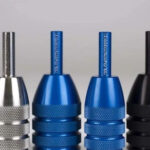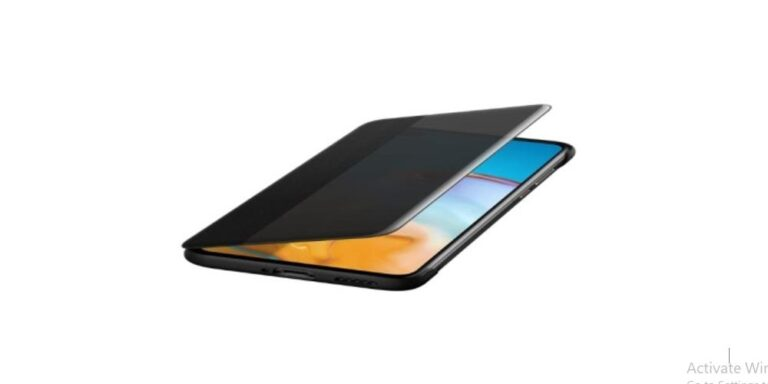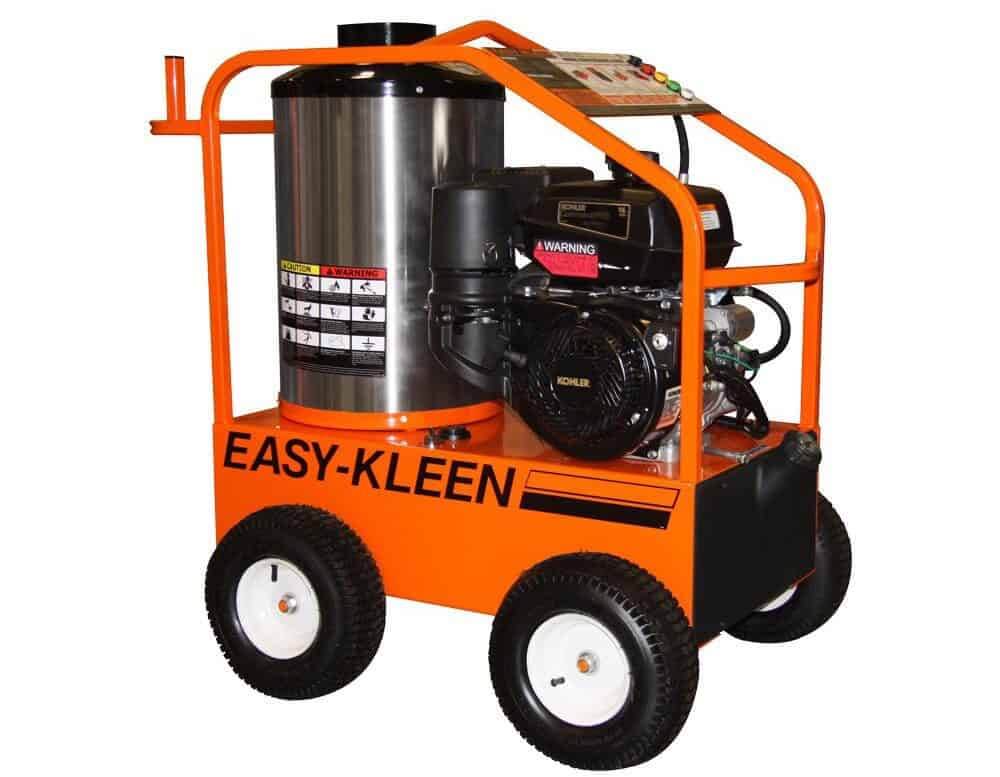“The next in line, if I look at their chessboard, I think he will go for a battery technology acquisition,” said Ratnadip Bhattacharjee, CEO and Director at ArrayTech Technologies Pvt Ltd, a solar designing and engineering services firm.
Then, his whole technology circle comprising solar modules, panels, cells, wafers and battery gets completed, Bhattacharjee said.
According to an industry consultant, storage is “one area which has always been a pain for the solar industry”.
“Once he has the battery technology also under his control, he can generate power whenever the Sun is available, store and supply it according to demand so that there is no mismatch between production and consumption,” the consultant said.
Battery technology will also help the electric vehicle industry zoom ahead.
New energy business
Ambani’s strategy and vision on his foray into the new energy business has started to unfold with the flurry of recent acquisitions he has made, mainly on the technology side.
“Reliance is putting the pawns in the right place,” says Bhattacharjee. “Ambani is acquiring technology, companies which have good technology in this field,” he said.
Reliance’s strategy to look at the solar business as a technology and not as a short-term money-making venture or some small-time business is electrifying the industry.
“Ambani is looking at the business in a global scale not in terms of managing customs duty, not as a lobbying opportunity and those things, but as a business per se. He is taking on China on the global stage, you can’t fight someone by increasing the customs duty. He is not looking at taking on China for the Indian part of the business,” says Bhattacharjee.
Except for Sterling & Wilson Solar Ltd, an EPC company, the acquisition of Norwegian solar cell, panel and polysilicon maker REC Solar Holdings AS, Germany’s monocrystalline green solar wafers developer NexWafe GmbH, and the cooperation agreement with Denmark’s Stiesdal A/S for technology development and manufacturing of HydroGen Electrolyzers in India, shows the direction Ambani’s new energy play is taking.
“In this business, you can survive only if you have technology and scale. Scale is always their strength, scale is not a problem for Reliance to manage. So, he is going after technology. If you don’t have these two, you will only be running after government lobbying for putting some customs duty here or some other levies there because you are never competitive. None of the Indian companies are not only not competitive they don’t even make any decent solar panels compared to Chinese panels and are way behind in technology,” said a second solar industry official.
Aims to be a global player
Using a substandard panel jack up the cost of installing solar plants,and the only way the local industry manages to survive is by getting the government to impose duties here and there.
Reliance is looking at it as a global scale business, not only for India. Ambani wants to be the key supplier to the entire solar sector. For this, Reliance needs technology and scale because otherwise it can’t be a global player in this field.
“Today, the problem with solar industry is that most of the people who know the technology are in China. It is very difficult to get into China and control that technology, so he has picked the Europeans for technology,” the executive said.
From that perspective, the $771 million acquisition of REC Solar Holdings AS, is seen as the first onslaught by Ambani on Chinese dominance. Though based out of Norway, REC was owned by Beijing-based specialty chemicals and materials company China National Bluestar (Group) Co Ltd (Bluestar).
“REC is one of the last module companies outside China, which also has good technology though a bit pricey. But, if you have the technology, price is a manageable thing,” the industry executive said.
Solar module technology
Outside China, currently, there are very little technology available for the solar module or cell manufacturing as most of the firms have folded up.
All major solar module manufacturers across the world have lost out to Chinese manufacturers. “If you are looking for a company with large and also some quick production capabilities as well as technology for manufacturing, REC is a very good pick by Reliance,” he said.
NexWafe is a wafer manufacturer, again with good technology, helping Reliance extend its reach over the solar technology domain underpinned by wafers and cells.
Both are considered good buys because otherwise, Reliance has to go shopping in China, which possibly would be difficult for Ambani to pick up a Chinese company and get hold of the technology. “Buying a company is easy but getting hold of technology is very difficult in this field,” the industry executive said.
The solar industry is characterised by constantly changing technology.
“None of Indian manufacturers in the solar business have any control over the technology part of it. They are essentially just followers. Because, it’s the technology game that one can beat the others with. So, I find Reliance’s acquisition very thought out. They are a recent entrant into this sector but actually have understood the basics of this business way better than the others,” Bhattacharjee added.













